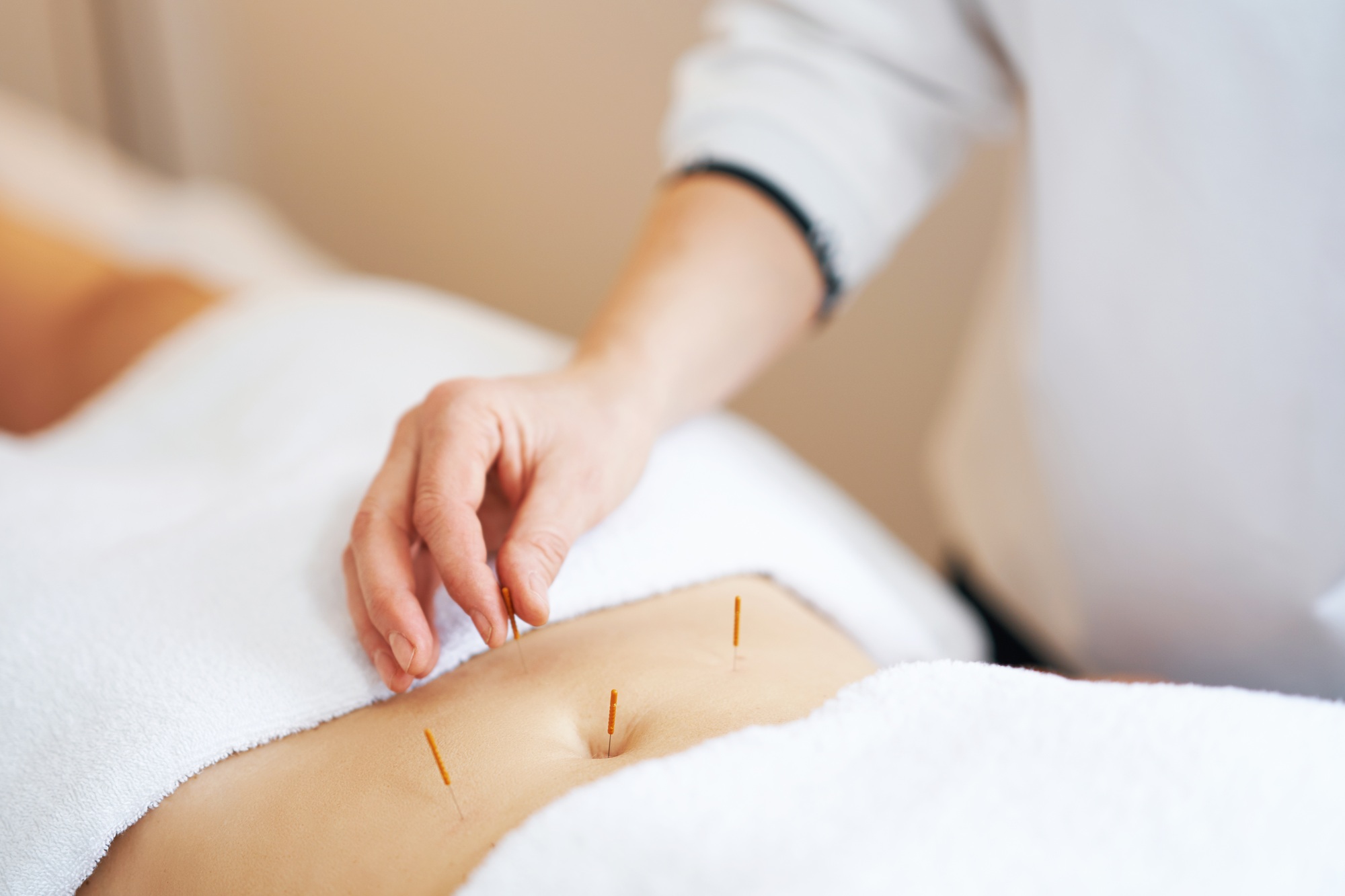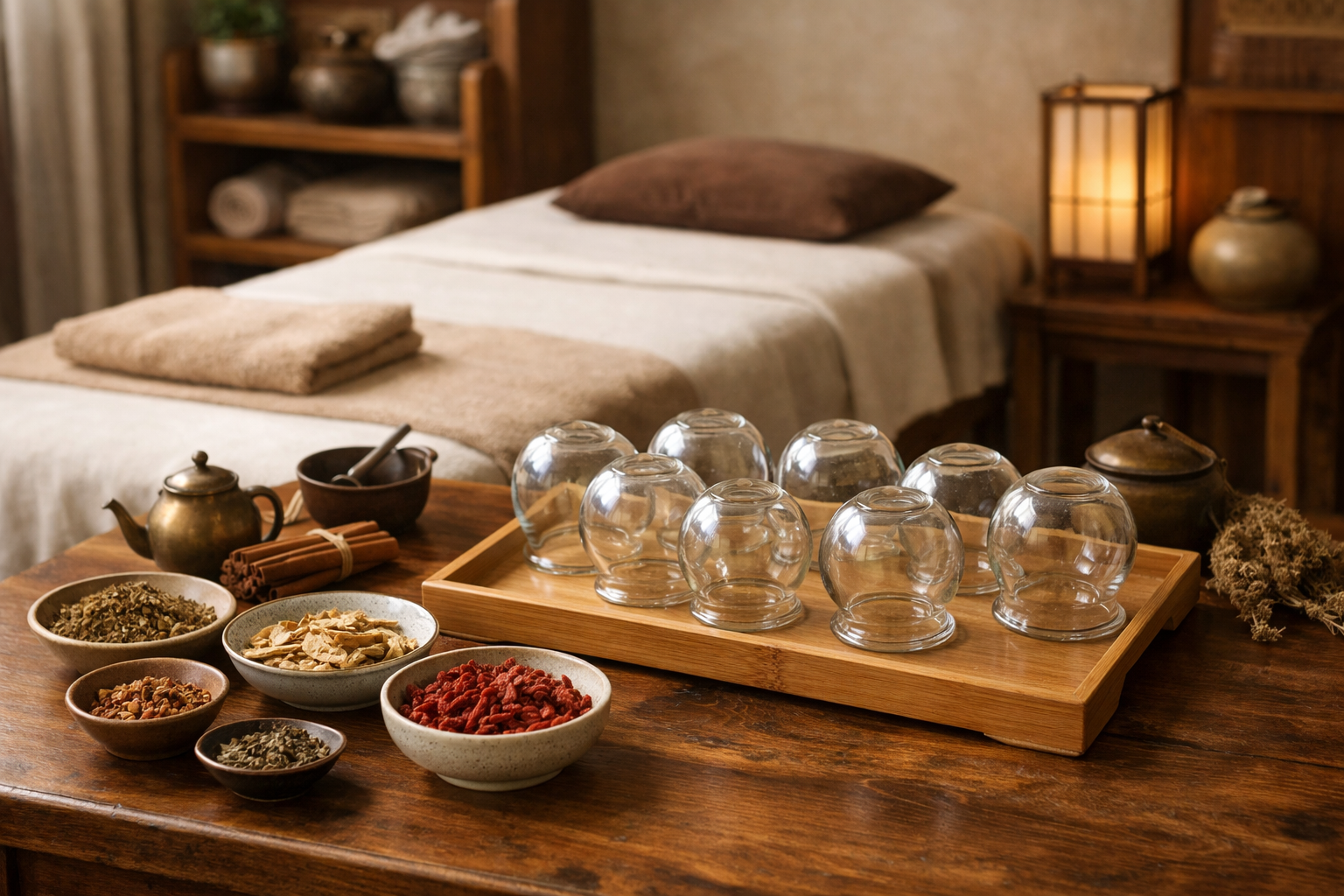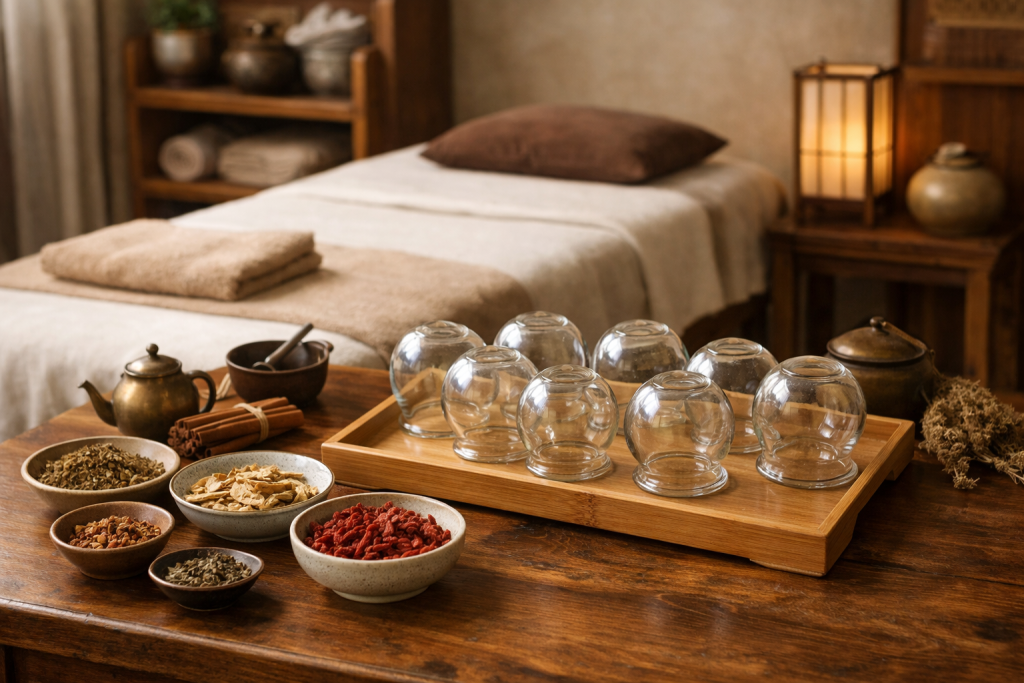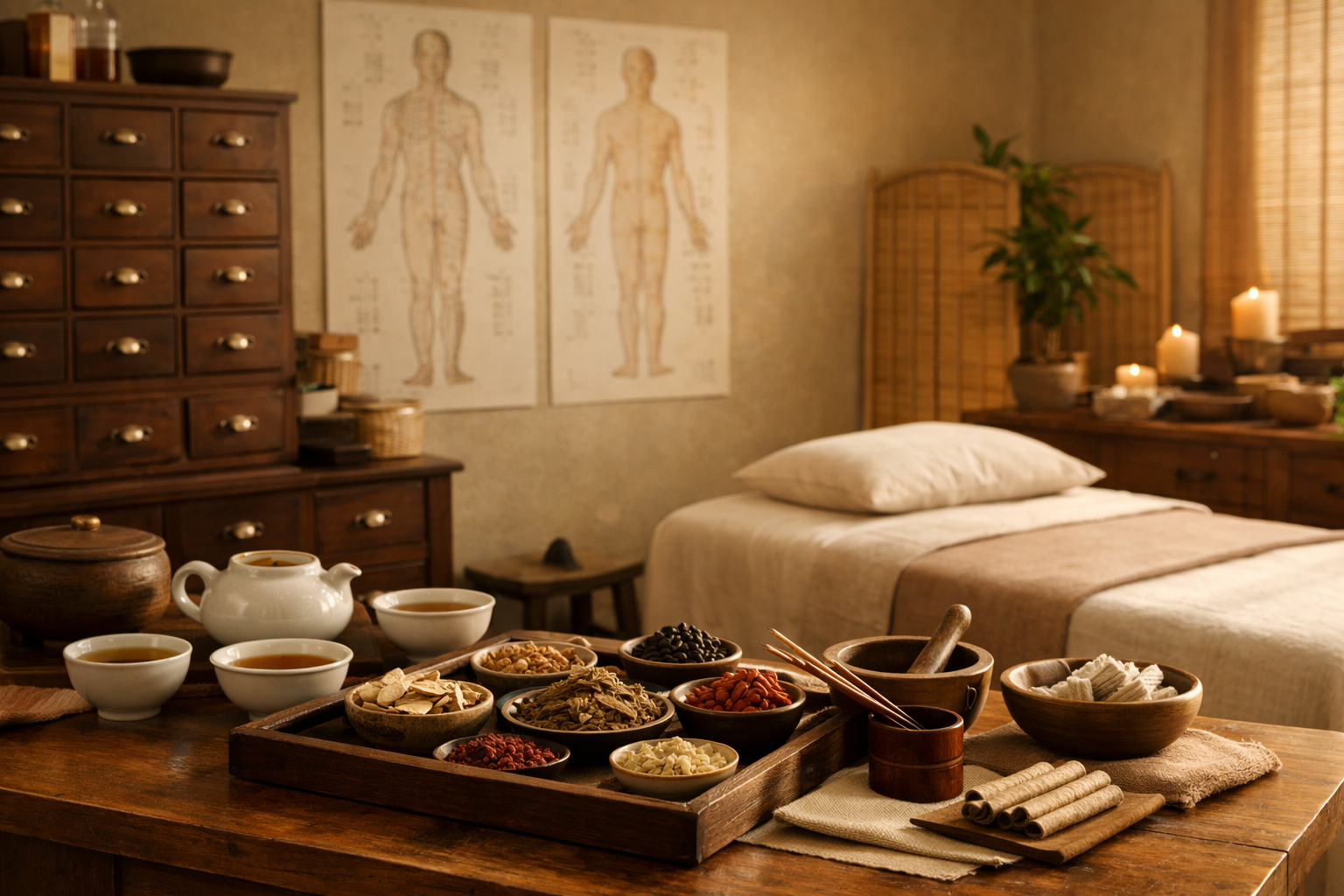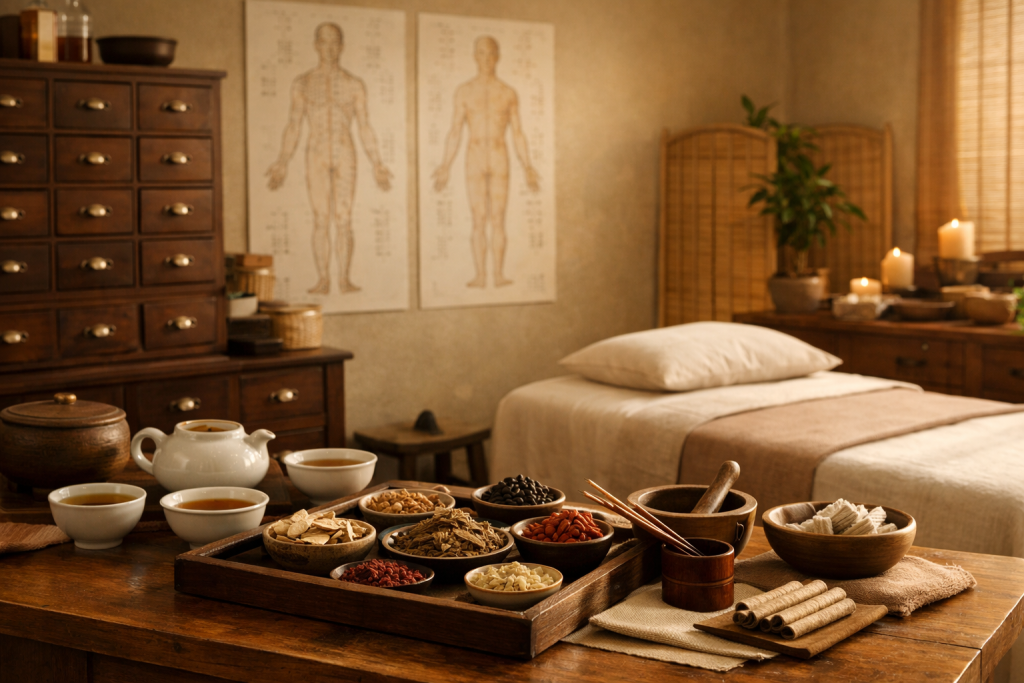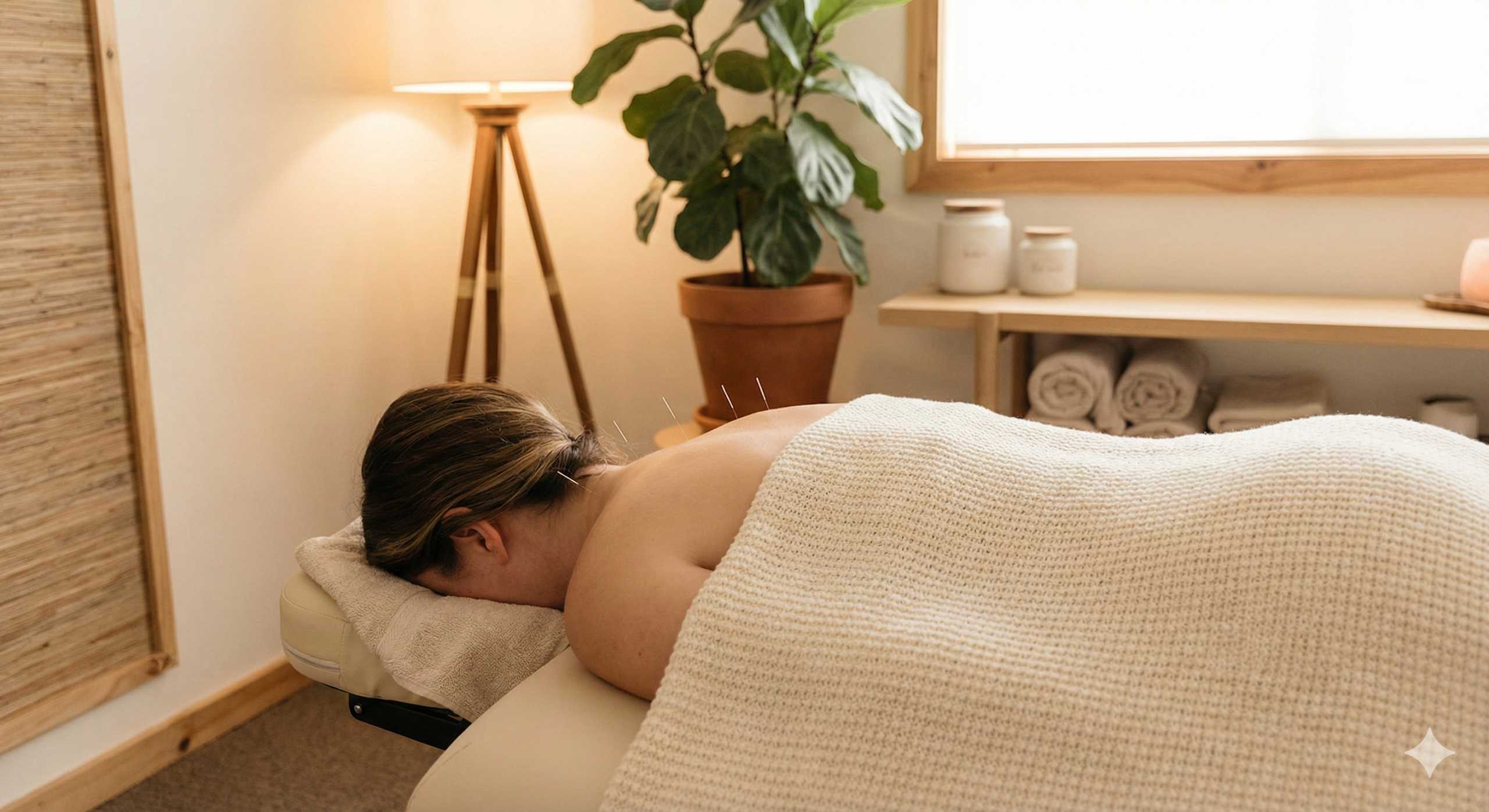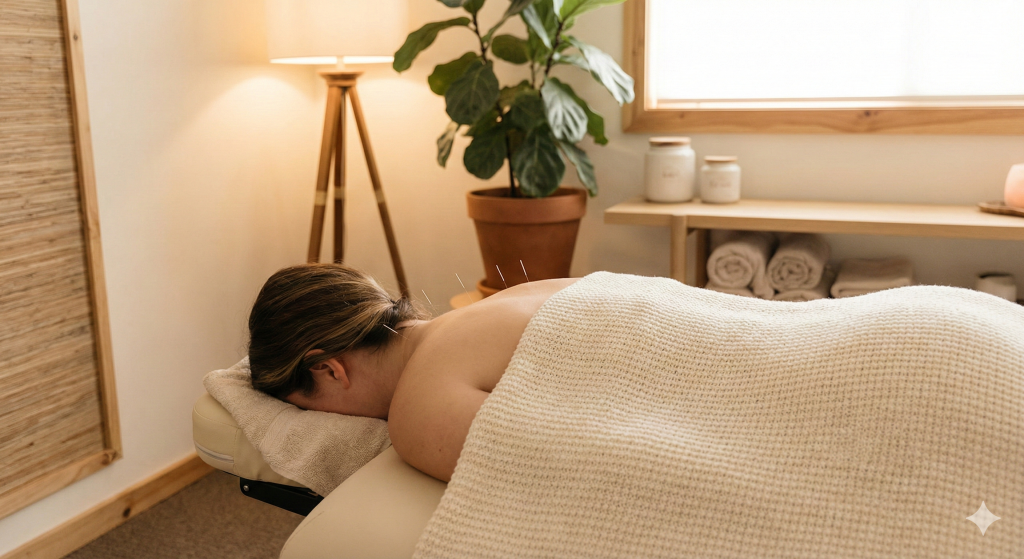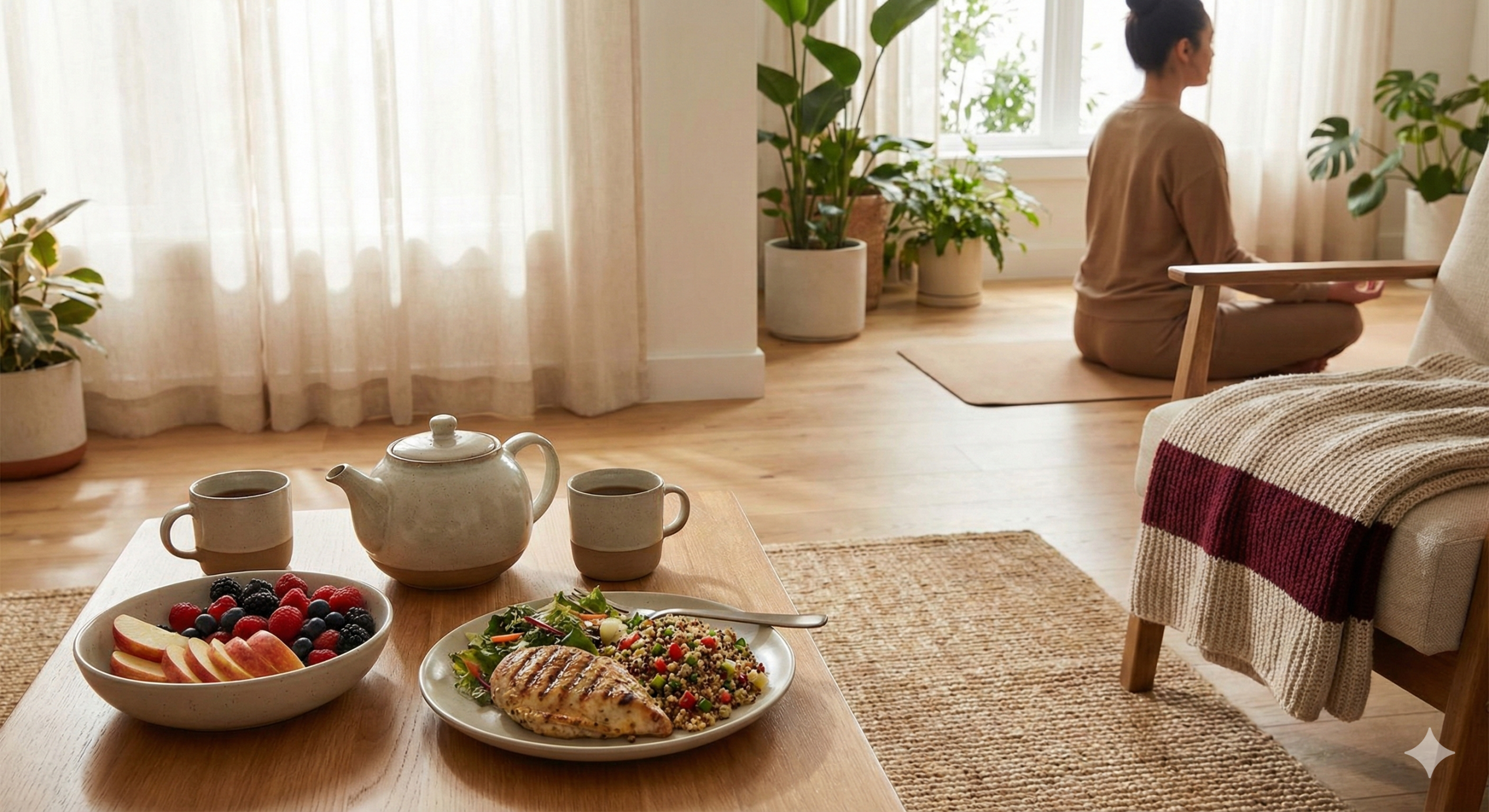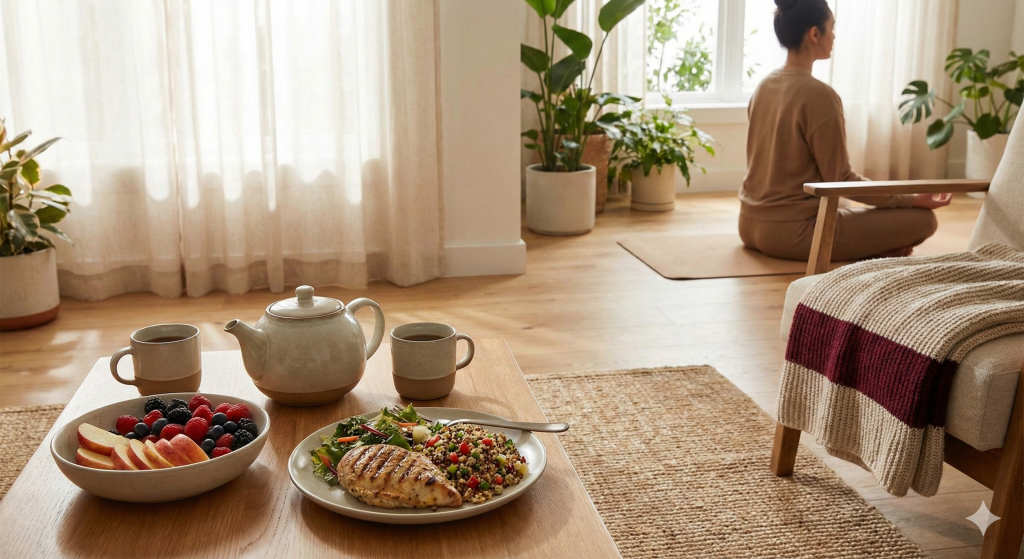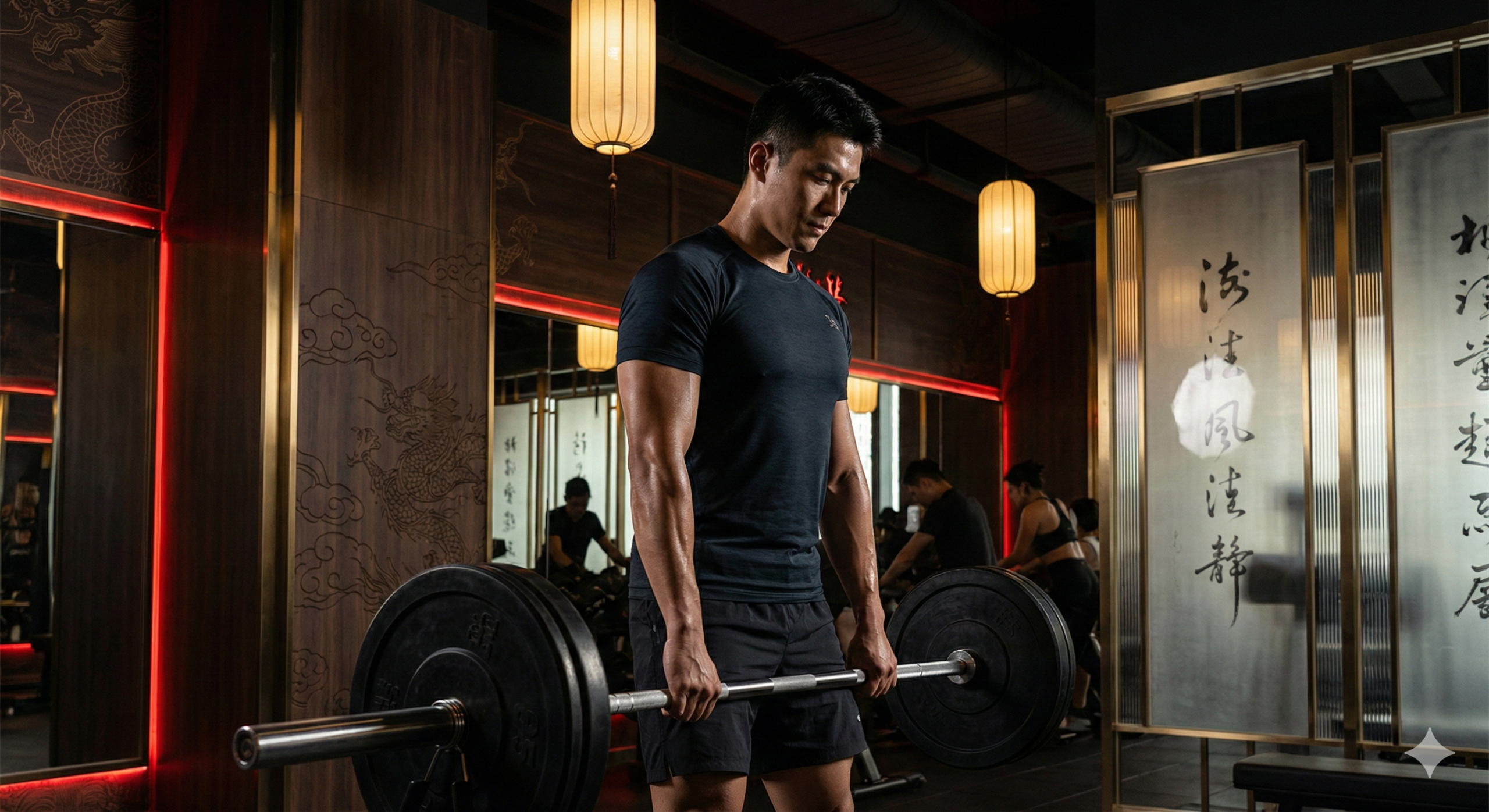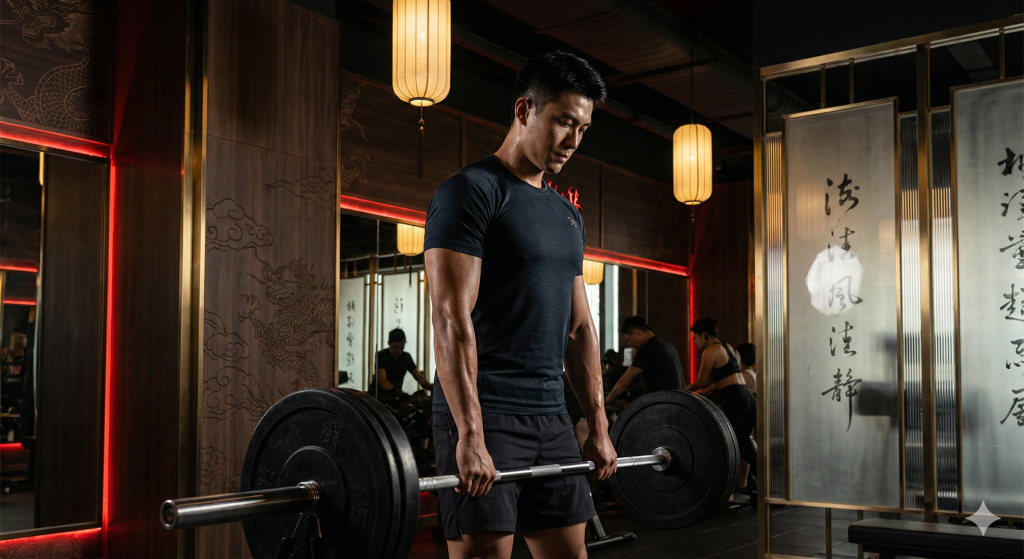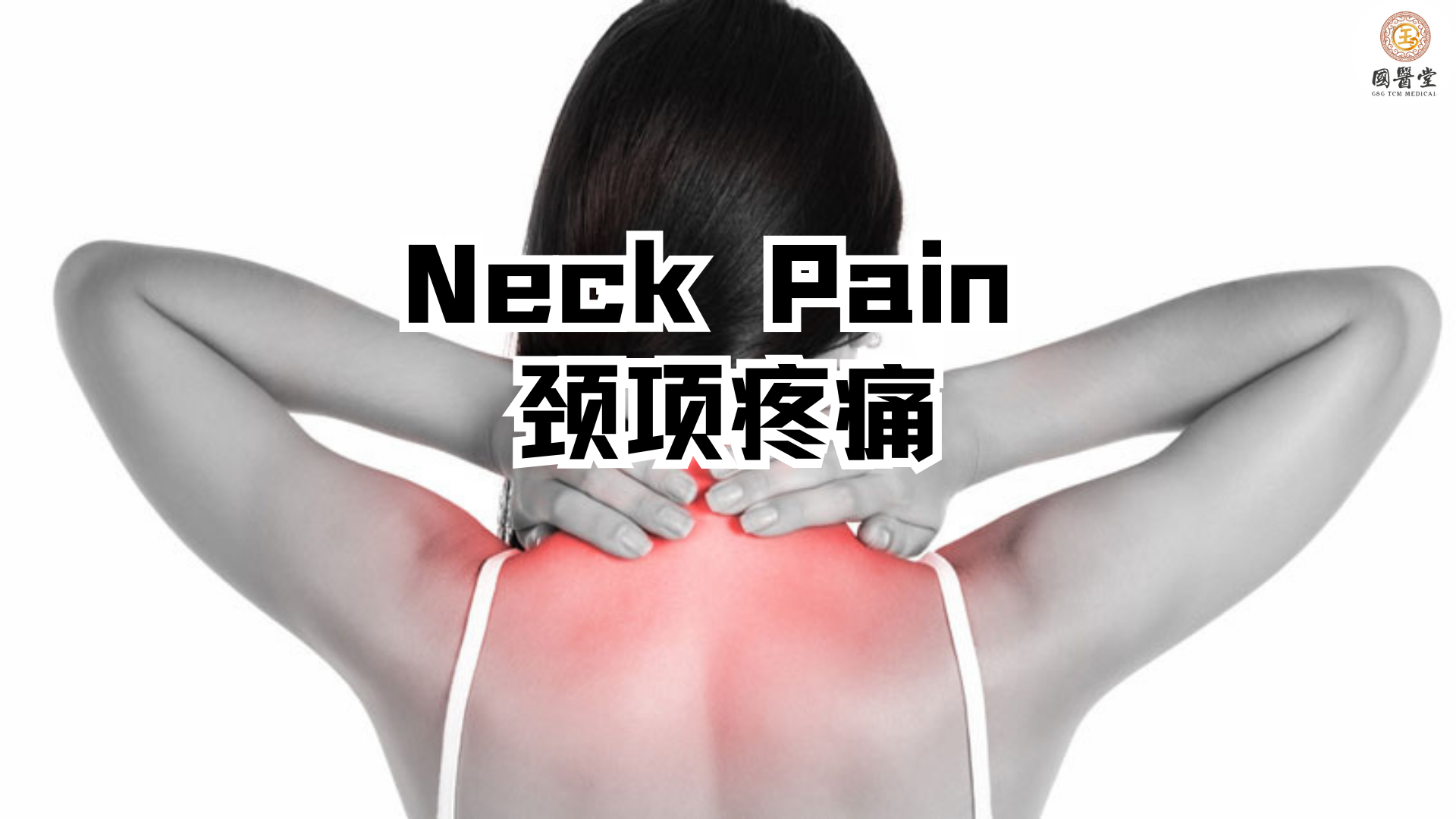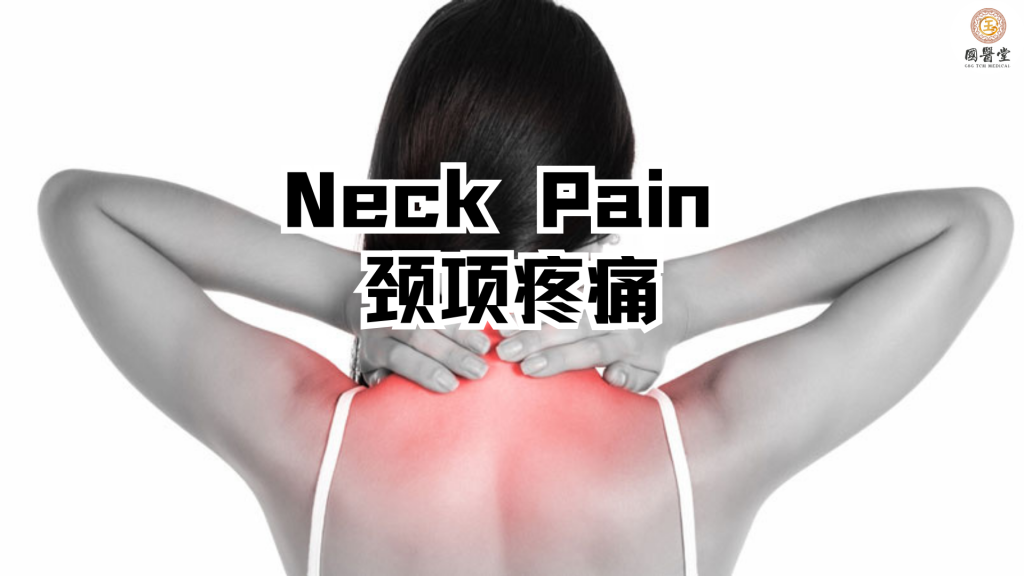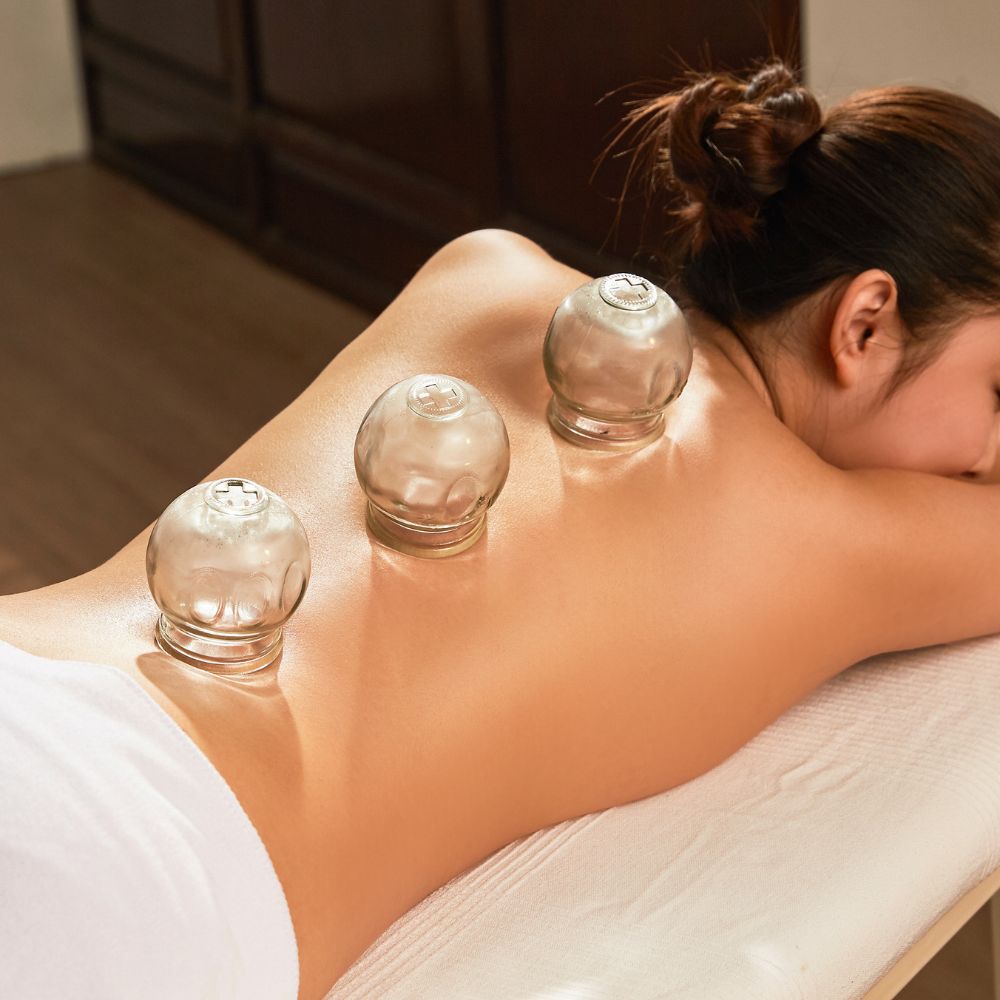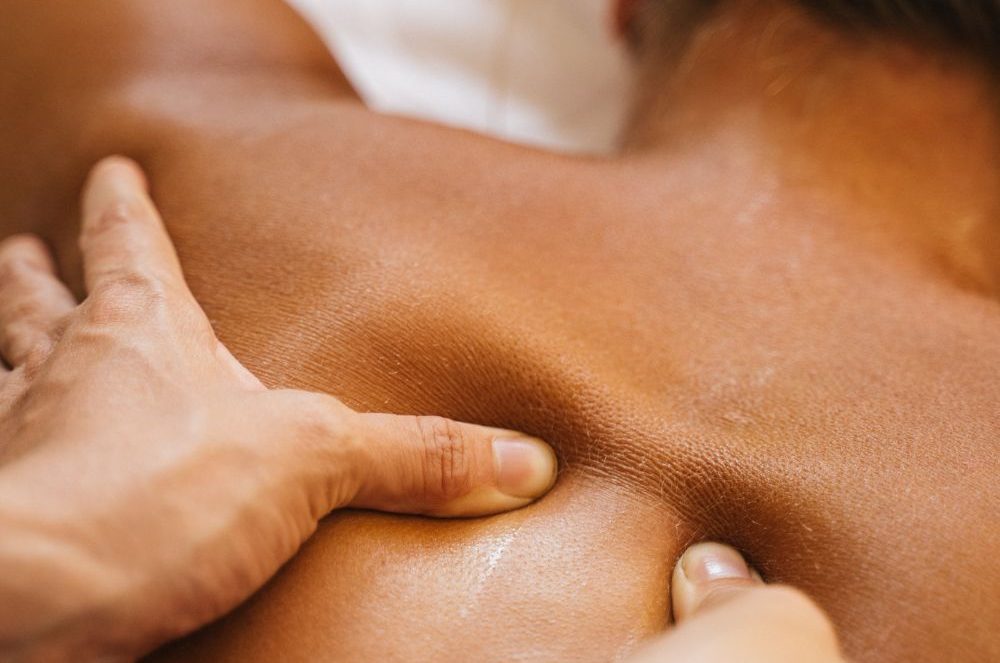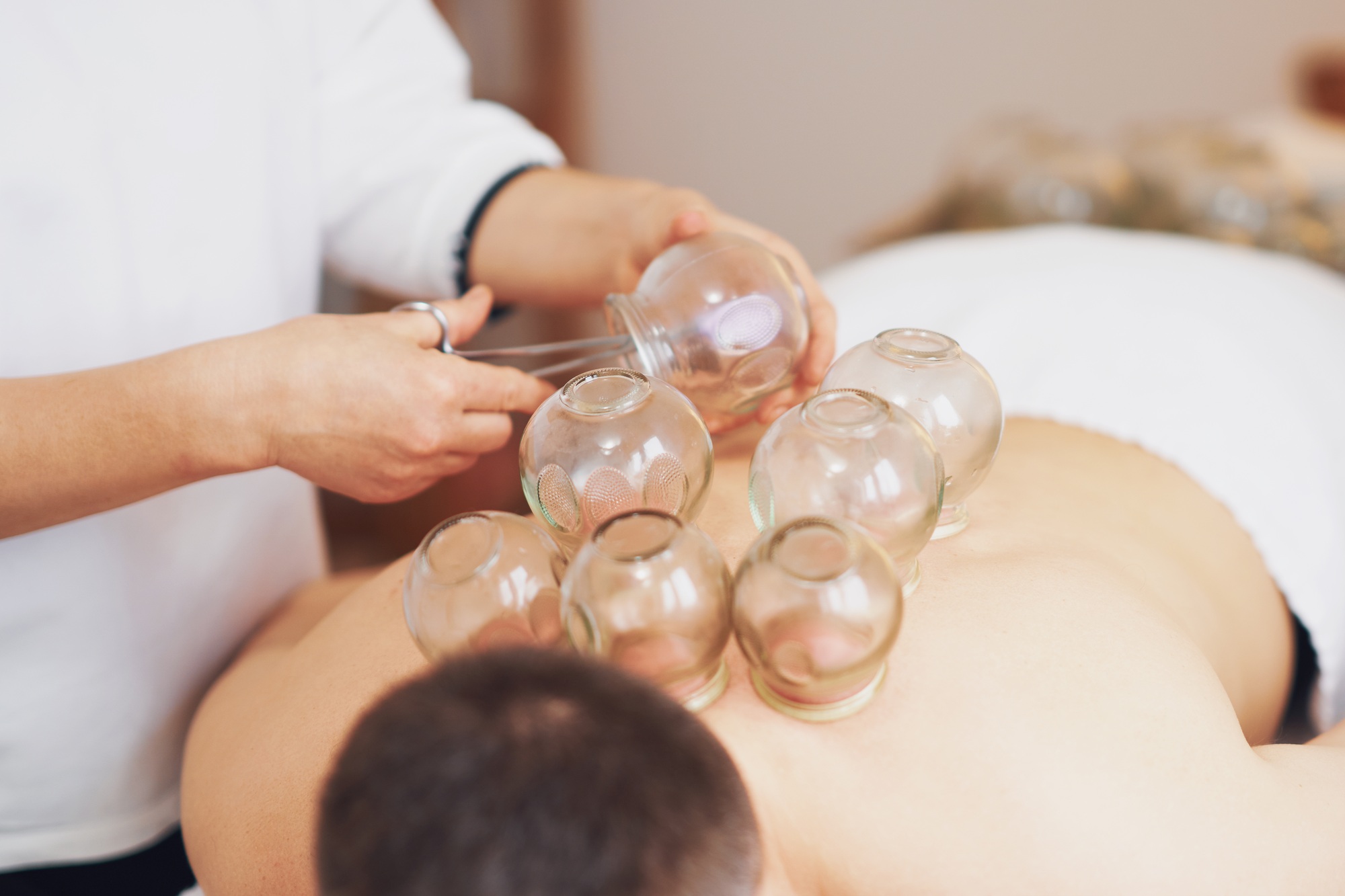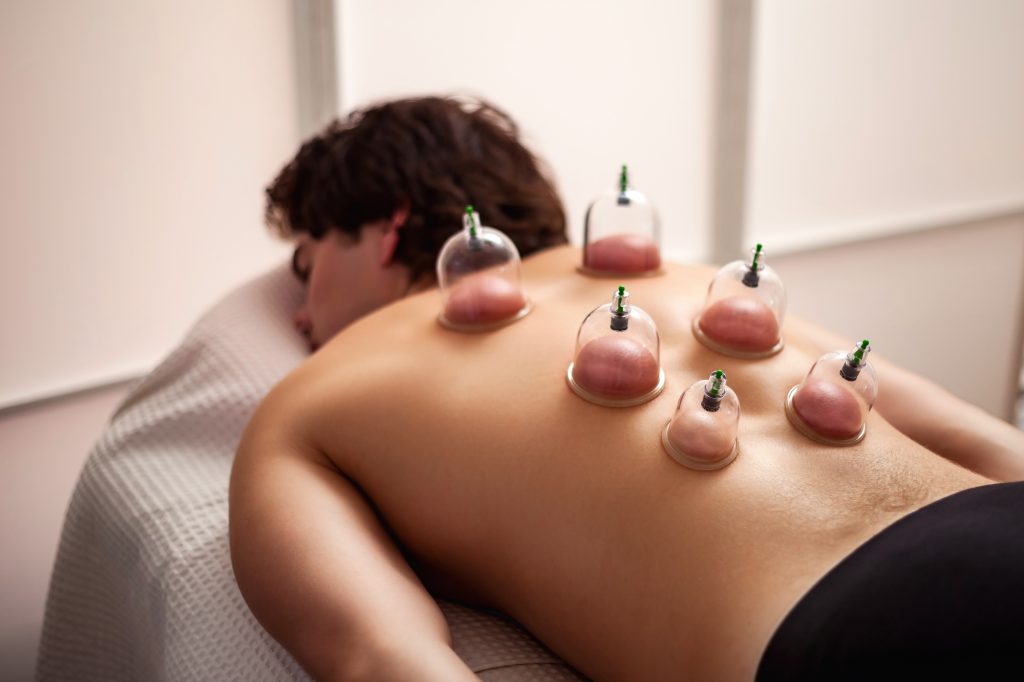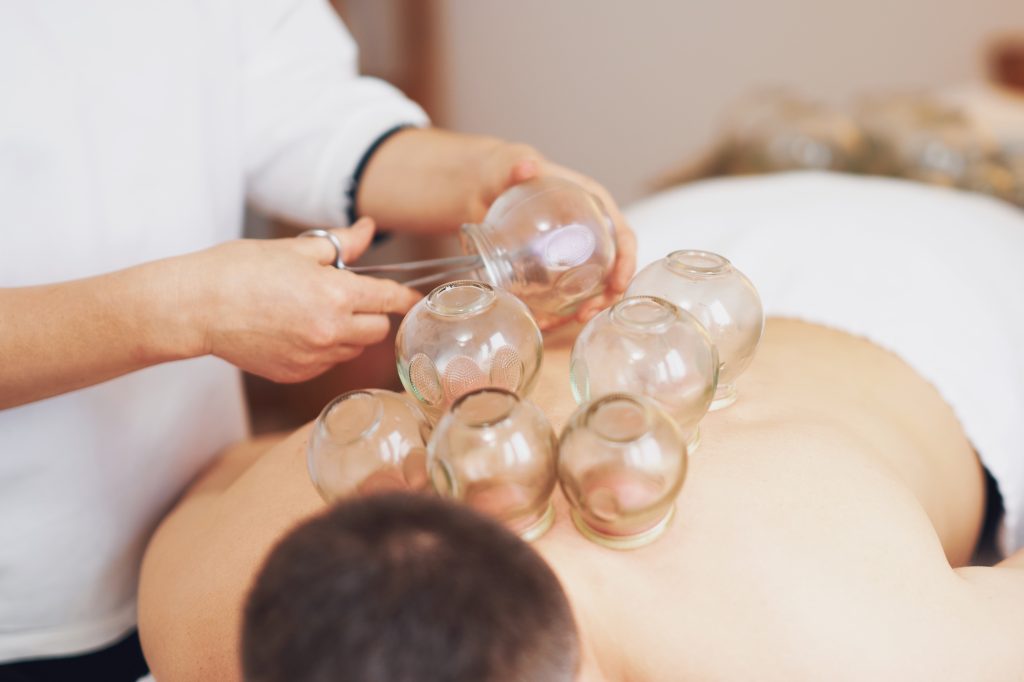Which Is Truly the Best Acupuncture Clinic in Singapore? A Calm, Honest Guide Most People Wish They Read First
best acupuncture clinic in Singapore, if people ask about that, they are often searching for something deeper than convenience or popularity. Many want a place that feels professional, calm, and focused on long-term balance rather than quick temporary fixes. People today are becoming more mindful of how their physical health connects with emotional wellbeing, which is why the idea of choosing the best acupuncture clinic in Singapore often goes beyond location or price, it reflects a desire for consistent, personalised care that supports sustainable wellness.
Acupuncture, as part of Traditional Chinese Medicine (TCM), works by stimulating specific meridian points to help regulate circulation, reduce tension, and restore internal harmony. Instead of separating symptoms from lifestyle factors, practitioners observe how sleep patterns, stress levels, posture, and digestion interact together. In many modern clinical environments, this holistic assessment is combined with structured consultations so treatments feel both traditional and evidence-aware. This balanced approach is one reason why conversations about the best acupuncture clinic in Singapore frequently highlight practitioner experience, diagnostic methods, and patient comfort rather than just treatment speed.
For readers who are new to holistic TCM care, exploring the philosophy shared on the G&G TCM homepage can help build a clearer understanding of how personalised wellness is approached in a clinical setting. Understanding how practitioners explain treatment plans, expected progress, and lifestyle adjustments can also help first-time visitors feel more confident before scheduling their initial consultation.
Why Acupuncture Continues to Gain Attention in Singapore
Life in a fast-moving city often brings physical strain and mental fatigue. Many individuals begin searching for natural therapies that support recovery without overwhelming the body. As awareness of preventive healthcare grows, acupuncture is increasingly viewed not only as a solution for discomfort but also as a method for maintaining balance during demanding routines. This shift in perspective explains why discussions around the best acupuncture clinic in Singapore now include atmosphere, communication style, and continuity of care, not only treatment results.
Common Reasons People Seek Acupuncture
- Persistent neck and shoulder tension
- Stress related fatigue
- Sleep imbalance
- Headaches and muscle stiffness
- Preventive wellness goals
While these reasons may appear simple, practitioners often evaluate underlying patterns rather than treating each concern separately. For example, neck tension may be linked to prolonged screen use, while sleep imbalance might relate to stress or irregular daily rhythms. A thoughtful consultation process helps ensure that treatment points, session frequency, and lifestyle suggestions align with each individual’s needs instead of following a generic protocol.
International health discussions also highlight acupuncture as a complementary therapy used worldwide. Educational information from the World Health Organization on traditional and complementary medicine offers broader context on how acupuncture fits into modern wellness conversations. This global recognition encourages clinics to maintain higher standards of hygiene, communication, and patient education, factors that many people associate with finding the best acupuncture clinic in Singapore.
How Acupuncture Works in Everyday Practice
For many beginners, acupuncture sounds complex, but the process itself is usually calm and structured.
Typical Treatment Flow
- Personal consultation and assessment
- Identification of meridian points
- Gentle needle placement
- Resting phase to allow response
- Lifestyle guidance after treatment
Most patients describe a mild warming or relaxing sensation rather than discomfort during treatment.
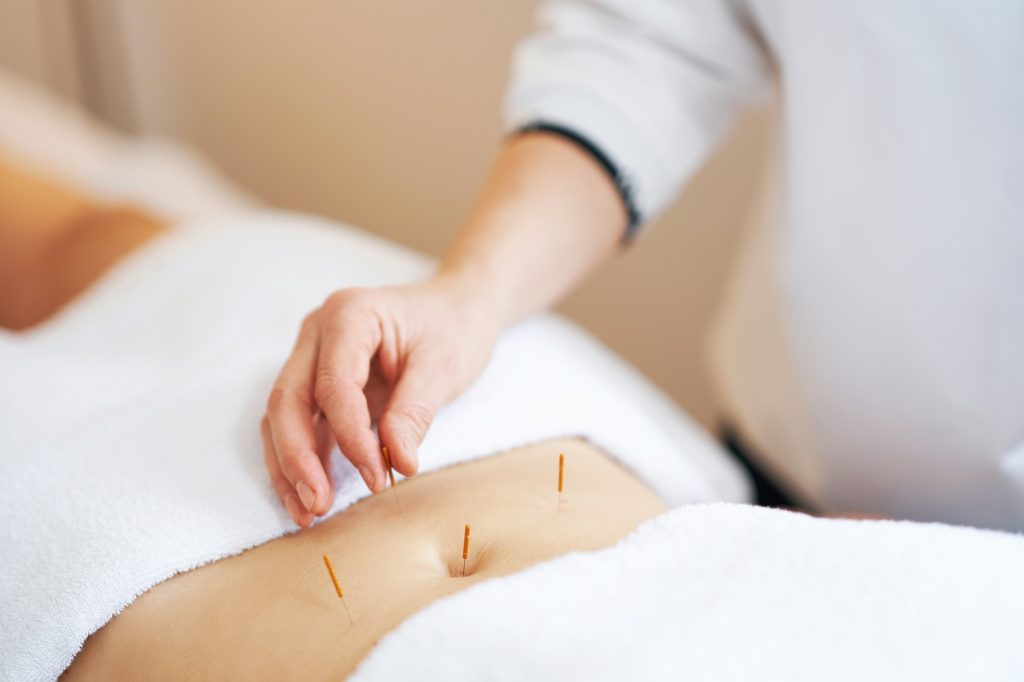
What Quietly Defines the Best Acupuncture Clinic in Singapore
Clinics that truly stand out rarely rely on bold claims. Their strength lies in consistent communication and thoughtful treatment planning. When people search for the best acupuncture clinic in Singapore, they often realise that genuine quality is reflected through small but meaningful details, such as how practitioners listen carefully, explain each step clearly, and adjust treatments based on long-term progress rather than quick promises.
Subtle Signs of Quality Care
- Detailed consultation before treatment
- Individualised therapy plans
- Holistic TCM philosophy
- Calm and professional environment
These elements may appear subtle, yet they shape how patients experience care from the very first visit. A thorough consultation helps practitioners understand daily habits and underlying imbalances, while personalised therapy plans encourage gradual improvement that feels realistic and sustainable. Over time, this thoughtful approach can build trust and make each session feel more purposeful instead of routine.
| Aspect | Standard Visit | Holistic TCM Approach |
|---|---|---|
| Consultation | Basic overview | Comprehensive assessment |
| Treatment focus | Immediate symptoms | Long term balance |
| Patient education | Limited | Continuous guidance |
| Follow up | Minimal | Structured advice |
The comparison above shows how a holistic TCM framework expands beyond a single appointment. Rather than focusing only on immediate discomfort, practitioners aim to support balance through education, structured follow-ups, and consistent guidance. This broader perspective often helps patients feel more involved in their own wellness journey and understand how lifestyle choices influence treatment outcomes.
Pro tips: A clinic that explains the reasoning behind each treatment point often aims for sustainable outcomes.
Conditions Often Supported Through Acupuncture
Although acupuncture is widely known for pain relief, many patients explore it for broader wellness concerns. In modern urban lifestyles, people increasingly look for therapies that address both physical discomfort and internal balance, which is why discussions around the best acupuncture clinic in Singapore often include how well a clinic understands whole-body wellbeing rather than focusing on a single symptom.
Commonly Addressed Issues
- Muscle tension and stiffness
- Low energy levels
- Digestive imbalance
- Emotional stress
- Postural strain from desk work
These concerns are frequently interconnected rather than isolated. For example, prolonged desk work may contribute to muscle stiffness, which can then affect sleep quality and energy levels. Acupuncture sessions are often structured to gradually rebalance these patterns, combining targeted needle placement with lifestyle awareness so progress feels steady instead of rushed.
Some educational resources discuss how acupuncture may help restore energy levels gradually. One helpful example explains acupuncture for exhaustion and how fatigue is interpreted through a TCM perspective without oversimplifying the process. Understanding fatigue through this lens helps patients recognise that recovery may involve multiple sessions and supportive habits rather than a single quick solution.
The Role of TCM Philosophy in Treatment Quality
The best acupuncture clinic in Singapore often stands out because of its deep understanding of body balance. Practitioners look beyond surface symptoms and consider how emotional stress, movement habits, and internal rhythms affect recovery. This broader perspective encourages a treatment plan that evolves over time, helping patients feel supported through both short-term discomfort and long-term wellness goals.
Expertise Areas Often Integrated
- Acupuncture for muscle relaxation
- Tuina therapy support
- Herbal wellness guidance
- Preventive lifestyle advice
When these therapies are integrated thoughtfully, they create a more comprehensive care experience. Muscle relaxation techniques may be complemented by Tuina to improve circulation, while herbal guidance and lifestyle advice aim to sustain results between sessions. This layered approach is often what people notice when visiting a clinic that emphasises holistic care rather than isolated treatments.
Readers who want a clearer picture of how acupuncture fits into a structured treatment system can explore detailed explanations of TCM acupuncture services to see how therapies are applied in real clinical practice. Learning how different modalities work together can also help patients set realistic expectations and better understand the philosophy behind personalised TCM care.
Real World Insight: Why Progress Is Often Gradual
Acupuncture works through cumulative response rather than instant transformation.
Observed Wellness Trends
- Around 60 to 70 percent of patients report reduced muscle tension after consistent sessions
- Improved sleep patterns often appear gradually
- Lifestyle adjustments enhance treatment results
A common example involves office workers experiencing slow but steady improvement such as better focus, reduced stiffness, and deeper rest over several weeks.
Conclusion: A Thoughtful Way to Approach the Best Acupuncture Clinic in Singapore
Finding the best acupuncture clinic in Singapore is less about popularity and more about alignment with your health goals. Clinics that combine experienced practitioners, personalised care, and a consistent holistic philosophy often provide the most meaningful experience.
If you want to continue learning through a structured TCM perspective, exploring the G&G TCM website can provide a clearer view of how acupuncture, consultation, and wellness guidance work together as part of a long term healing journey.
Actionable Steps You Can Follow
- Identify your main health priorities
- Learn the basics of acupuncture philosophy
- Review structured service explanations before booking
- Begin with consultation focused care
- Combine treatment with healthy daily habits
FAQs Section
How many sessions are usually required?
Many people begin noticing changes after three to five sessions, although long-term conditions may require ongoing care. The exact number often depends on factors such as lifestyle, severity of symptoms, and how consistently treatments are scheduled, which is why practitioners usually review progress regularly and adjust the plan when needed.
Is acupuncture painful?
The needles used are extremely fine, and most patients feel only a mild sensation or warmth. Some individuals describe a light tingling or pressure that fades quickly, and experienced practitioners aim to create a relaxed environment so the body can respond comfortably during treatment.
Can acupuncture help with stress and fatigue?
Yes. Many individuals include acupuncture as part of a broader wellness routine to support energy balance. Sessions are often combined with breathing guidance or lifestyle suggestions, helping patients manage daily tension more effectively rather than relying on short-term relief alone.
What should I prepare before my first visit?
Wear comfortable clothing, stay hydrated, and avoid heavy meals immediately before treatment. It can also be helpful to bring information about your sleep habits, work routine, or previous treatments so the practitioner can better understand your overall health patterns.
How do I choose a clinic that suits me?
Look for clear explanations, personalised assessments, and a calm environment that prioritises patient education. Many people searching for the best acupuncture clinic in Singapore find that a clinic’s communication style and willingness to answer questions openly can be just as important as the treatment itself.


